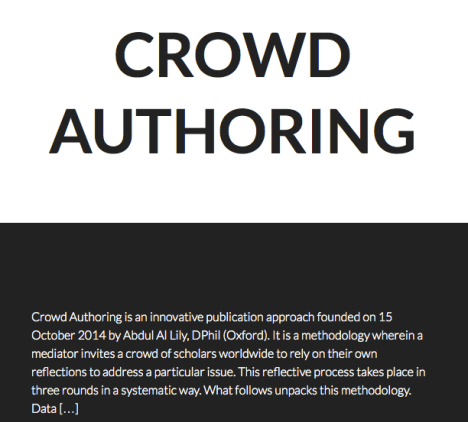Unser Beitrag für den uDay XIII an der FH Vorarlberg mit dem Titel „All About MOOCs“ ist nun online verfügbar.
Abstract:
Massive Open Online Courses (MOOCs) haben sich mittlerweile als eine neue Form von Bildungsangeboten auch in Europa weitgehend etabliert. Anhand von iMooX, der ersten und einzigen MOOC-Plattform Österreichs, wird im vorliegenden Beitrag verdeutlicht, welche Rahmenbedingungen für die Etablierung einer solchen Plattform geschaffen werden müssen, welche Zielgruppen angesprochen werden und was Teilnehmer/innen zu einer Kursteilnahme motiviert. Abschließend wird ein Ausblick darüber gegeben, welche strategischen Maßnahmen für den nachhaltigen Betrieb einer MOOC-Plattform durch Hochschulen notwendig sind und worin das Weiterentwicklungspotenzial von MOOCs bestehen kann.
Klicken Sie auf den unteren Button, um den Inhalt von www.scribd.com zu laden.
Zitation: Ebner, M., Scerbakov, A., Kopp, M. (2015) All About MOOCs. In: P. Jost, A. Künz (Hrsg.). Digitale Medien in Arbeits- und Lernumgebungen. Beiträge zum Usability Day XIII, Pabst: Lengrich, S. 148-155

